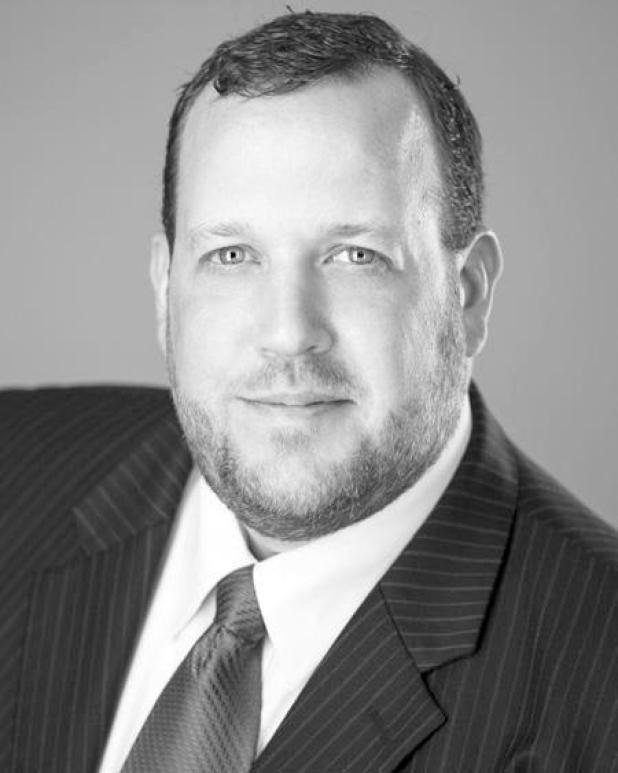
Jeremy Alford and David Jacobs: Will constitutional chatter dominate lawmakers' work flow?
Larry Bagley was a young teacher fresh out of college in 1972, when Louisiana was preparing to hold the constitutional convention that produced our current charter.
Bagley, now a state representative, doesn’t remember the exact circumstances that led him to run for a delegate slot — elections were held across Louisiana by state House district — but he entered the fray nonetheless.
Bagley, along with several other candidates, ultimately lost to Buddy Roemer, the future congressman and governor who became an outspoken delegate during the convention that spanned 1973 and 1974.
At a public forum prior to the delegate election, Bagley recognized he was outmatched. “I realized pretty quickly there were some people who were going to get elected, and nobody knew who I was,” Bagley said.
Fast-forward to today, more than half a century later: Bagley is an elected member of the state House of Representatives and on the cusp of becoming a delegate for another constitutional convention.
While the enabling legislation hasn’t yet been filed, House and Governmental Affairs Chair Beau Beaullieu said he’s sponsoring the instrument and legislators — along with gubernatorial appointees — will likely be the proposed delegates.
Bagley, for his part, isn’t sure Louisiana needs another convention.
While it would mean missing his opportunity to become a delegate, finally, Bagley doesn’t want “change for the sake of change.” He worries about losing protections for state K-12 education funding.
“I hope we don’t shorten the session down and legislation doesn’t get passed trying to get this [convention] done,” Bagley said.
To be certain, chatter about the anticipated convention is already sucking oxygen out of the Capitol’s hallways, even with a regular session in full swing.
In fact, “big idea” policy proposals are being paused until the work and scope of the proposed constitutional convention comes into focus. Even constitutional amendments filed for the ongoing regular session face an uncertain future.
Senate Revenue and Fiscal Affairs Chair Franklin Foil said he wanted to file legislation regarding the centralization of sales tax payments, but decided against it after consulting with the legislative leadership and administration.
Foil, who serves on the governor’s transition council for constitutional reform, said, “One of the reasons I think we decided to hold off on that, and other tax reform measures, is the governor wants to do a constitutional convention.
"So I think he wants to see where that goes first before we start making specific changes in the constitution.”
Beaullieu said he expects to ask members not to try to move their constitutional amendments forward, “unless they think it would stand the test of the convention.”
The chairman added, “I haven’t seen a bill yet that I don’t think can wait.”
Moreover, tackling every constitutional amendment would make it difficult for convention boosters to end the regular session early — maybe as soon as May 20 — in order to convene the proposed con-con as soon as possible.
We’ll have to wait and see on that expedited timeline for the regular session.
The Legislature already has a mandate to address insurance, and the usual must-pass spending bills must be passed.
The proposed convention’s goal would not include adding new provisions to the new constitution, said Beaullieu. Instead, the convention would be an exercise in reduction, whereby sections could be moved to statute, so that nothing changes right away.
Still, constitutional stakeholders are nervous. Who can blame them?
When it comes to policymaking, nothing is more important than the fundamental law found in a constitution.
That’s why the front-of-mind question for local government players, and many others, involves who else would serve as delegates aside from members of the House and Senate.
Gov. Jeff Landry has requested 27 appointments for CC24, according to Foil, similar to the input late Gov. Edwin Edwards had in CC73. (How the enabling legislation adjusts to this remains to be seen.
A bicameral or even tricameral approach in which representatives, senators and the governor’s appointees all vote separately is always possible.)
But exactly who will get a seat among the governor’s appointees? Every industry under the sun wants a seat at the table, from oil and gas to timber and tech.
“We think it could be a good thing,” said Guy Cormier, executive director of the Police Jury Association of Louisiana.
“Our fear is that we have little or no participation in the process, and we have a bunch of folks who have never been in our shoes rewriting a very important document that we have to live with for years to come.”
So until we see some kind of structure and endgame for CC24, fear and speculation will serve in place of actual policymaking when it comes to big ideas and most constitutional amendments.
That’s quickly becoming a hard political truth as Landry and others push for a fall ratification vote of the public for the new constitution.
Such a tight timeline is a good reason to slow down a bit right now, while it’s still possible, said Bagley, the man who ran unsuccessfully for delegate in the 1970s and may now end up getting the job.
While he’s cautious about popping the hood on the constitution for a tuneup, Bagley knows it would be a once-in-a-generation opportunity.
“I don’t know,” Bagley said while reflecting on the course of his political career.
“Maybe all this stuff was meant to happen.”
For more Louisiana political news, visit www. LaPolitics.com or follow Alford on Twitter @ LaPoliticsNow.
